Translation Google
A measles epidemic declared in an Ardèche college
From Théo Metton-Régimbeau
Saturday September 23, 2023 at 7:09 p.m.
By France Bleu Drôme Ardèche
A measles epidemic affects at least one Ardèche college. The first case was detected at the Charles de Gaulle college in Guilherand-Granges.
It is a very contagious viral infection. A measles epidemic broke out during the week in at least one college in the Ardèche department. According to our information, it was at the Charles de Gaulle college in Guilherand-Granges that the first case was detected.
Still according to information from France Bleu Drôme Ardèche, the heads of public and private establishments (schools, middle schools and high schools) in Saint-Péray, Guilherand-Granges and Tournon-sur-Rhône have been warned of the epidemic. Other students could have been contaminated, checks are underway.
No establishment closure
Families in the establishments concerned were informed on Friday evening. The prefecture invites parents to check the anti-measles vaccination. A new communication will be made more widely at the beginning of next week on the course of action to take. No establishment closures are currently planned.
Investigations are underway in particular by the Regional Health Agency to determine the exact area of contamination.
...
------------------------------------------------
Prefect of Ardèche🇫🇷 🇪🇺
@Prefet07
Measles An epidemic of Measles broke out this week in a #college in Ardèche and affects children in several classes. The principals of the establishments concerned were notified by the National Education services who directly informed the parents of the students.
We invite all parents to check that their children's measles vaccination is up to date.
Measles is a highly contagious disease caused by a virus that is transmitted through respiratory secretions.
The incubation lasts between 1 and 3 weeks before the first symptoms: generally high fever, cough, runny nose, conjunctivitis, fatigue. The pimples appear on the skin 2-3 days later on the ears, face and then spread over the entire body. There may be severe forms (respiratory, neurological) requiring hospitalization.
💉The best protection against measles or its serious forms is 2-dose vaccination : vaccination has become compulsory for children born since January 1, 2018 (1st injection at 12 months and 2nd injection at 16-18 months) but is recommended for all other people without a history of measles.
9:37 AM · Sep 23, 2023

A measles epidemic declared in an Ardèche college
From Théo Metton-Régimbeau
Saturday September 23, 2023 at 7:09 p.m.
By France Bleu Drôme Ardèche
A measles epidemic affects at least one Ardèche college. The first case was detected at the Charles de Gaulle college in Guilherand-Granges.
It is a very contagious viral infection. A measles epidemic broke out during the week in at least one college in the Ardèche department. According to our information, it was at the Charles de Gaulle college in Guilherand-Granges that the first case was detected.
Still according to information from France Bleu Drôme Ardèche, the heads of public and private establishments (schools, middle schools and high schools) in Saint-Péray, Guilherand-Granges and Tournon-sur-Rhône have been warned of the epidemic. Other students could have been contaminated, checks are underway.
No establishment closure
Families in the establishments concerned were informed on Friday evening. The prefecture invites parents to check the anti-measles vaccination. A new communication will be made more widely at the beginning of next week on the course of action to take. No establishment closures are currently planned.
Investigations are underway in particular by the Regional Health Agency to determine the exact area of contamination.
...
------------------------------------------------
Prefect of Ardèche🇫🇷 🇪🇺
@Prefet07
Measles An epidemic of Measles broke out this week in a #college in Ardèche and affects children in several classes. The principals of the establishments concerned were notified by the National Education services who directly informed the parents of the students.
We invite all parents to check that their children's measles vaccination is up to date.
Measles is a highly contagious disease caused by a virus that is transmitted through respiratory secretions.
The incubation lasts between 1 and 3 weeks before the first symptoms: generally high fever, cough, runny nose, conjunctivitis, fatigue. The pimples appear on the skin 2-3 days later on the ears, face and then spread over the entire body. There may be severe forms (respiratory, neurological) requiring hospitalization.
💉The best protection against measles or its serious forms is 2-dose vaccination : vaccination has become compulsory for children born since January 1, 2018 (1st injection at 12 months and 2nd injection at 16-18 months) but is recommended for all other people without a history of measles.
9:37 AM · Sep 23, 2023

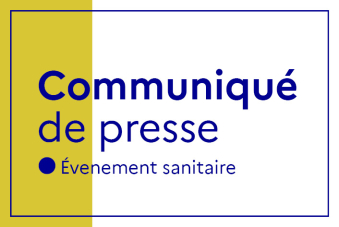
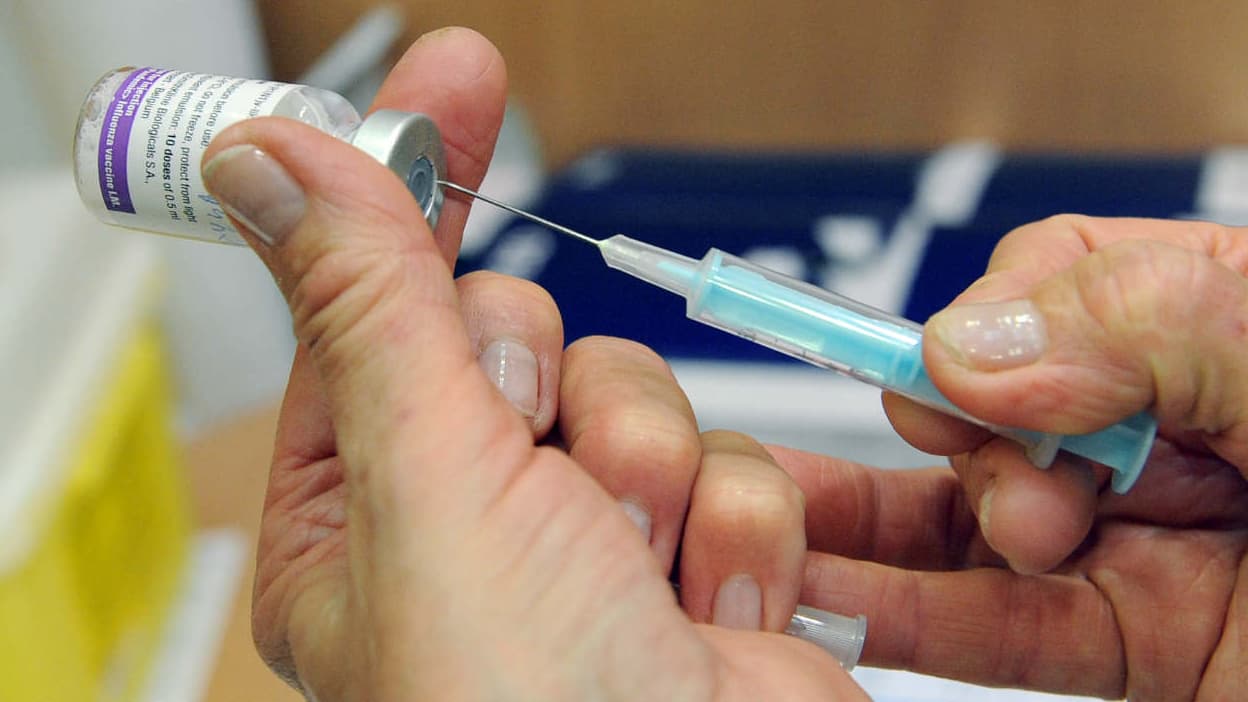


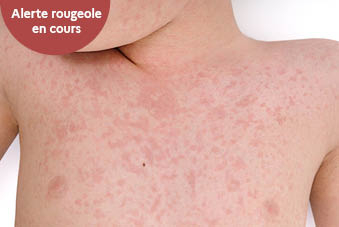


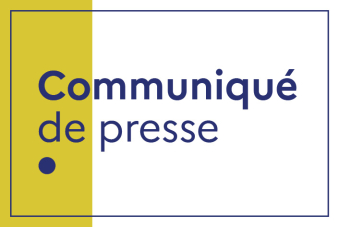
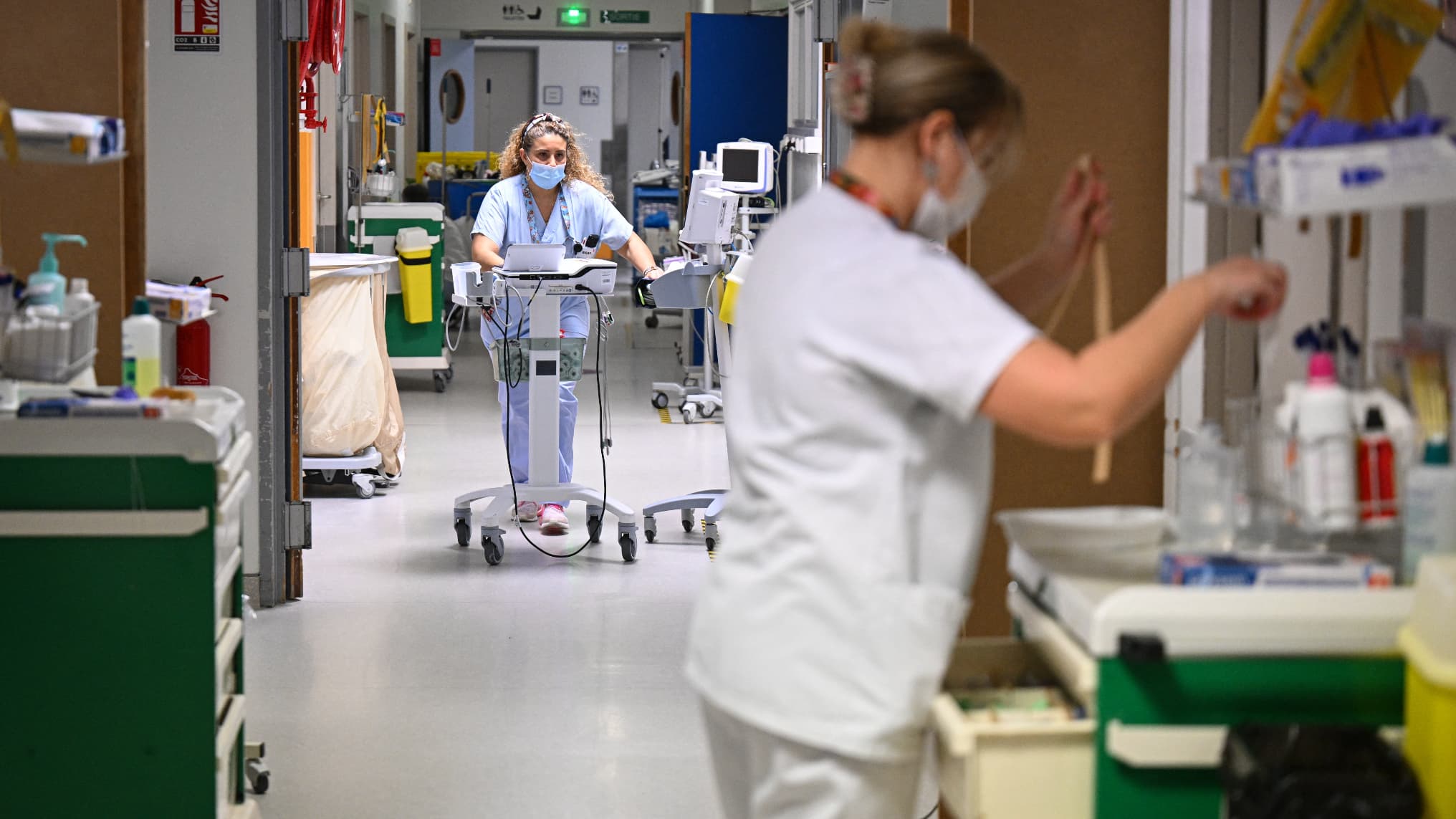
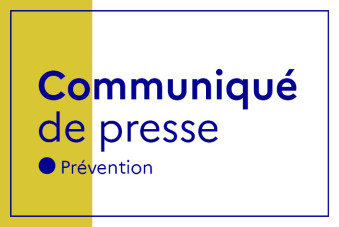

Comment